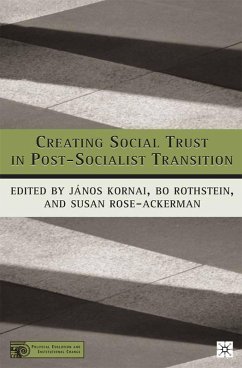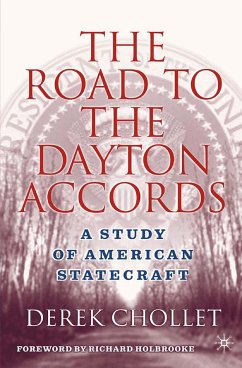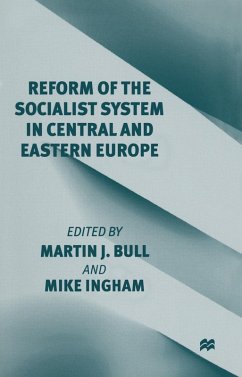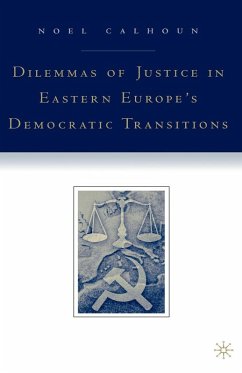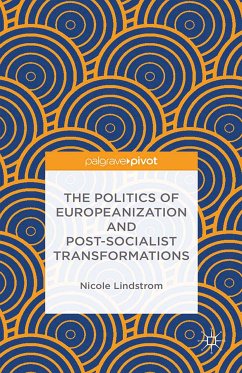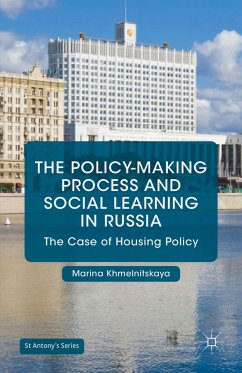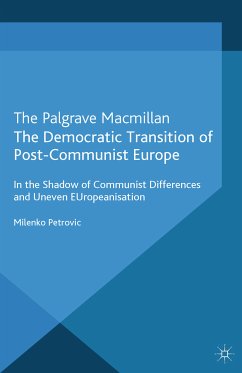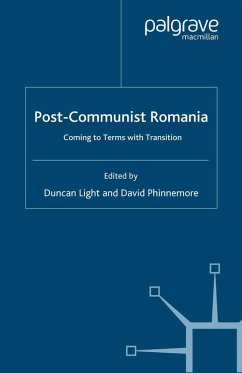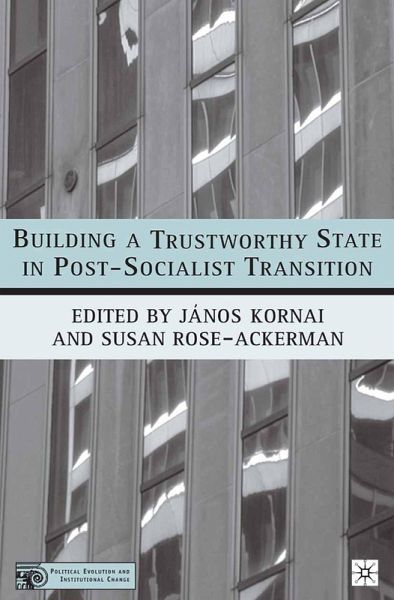
Building a Trustworthy State in Post-Socialist Transition (eBook, PDF)
Versandkostenfrei!
Sofort per Download lieferbar
40,95 €
inkl. MwSt.
Weitere Ausgaben:

PAYBACK Punkte
20 °P sammeln!
Building a Trustworthy State in Post-Socialist Transition considers the problems and prospects for creating trustworthy and reliable public institutions in the aftermath of the transition from socialism in Central and Eastern Europe. The volume draws on the experience of those who have lived through and studied the transition and contrasts their insights with those of generalist scholars who study government accountability and democracy. The contributions originated in the Collegium Budapest project on Honesty and Trust: Theory and Experience in the Light of the Post-Socialist Transition, orga...
Building a Trustworthy State in Post-Socialist Transition considers the problems and prospects for creating trustworthy and reliable public institutions in the aftermath of the transition from socialism in Central and Eastern Europe. The volume draws on the experience of those who have lived through and studied the transition and contrasts their insights with those of generalist scholars who study government accountability and democracy. The contributions originated in the Collegium Budapest project on Honesty and Trust: Theory and Experience in the Light of the Post-Socialist Transition, organized by János Kornai and Susan Rose-Ackerman. A second volume entitled, Creating Social Trust in Post-Socialist Transition , is being published simultaneously.
Dieser Download kann aus rechtlichen Gründen nur mit Rechnungsadresse in A, B, BG, CY, CZ, D, DK, EW, E, FIN, F, GR, HR, H, IRL, I, LT, L, LR, M, NL, PL, P, R, S, SLO, SK ausgeliefert werden.



